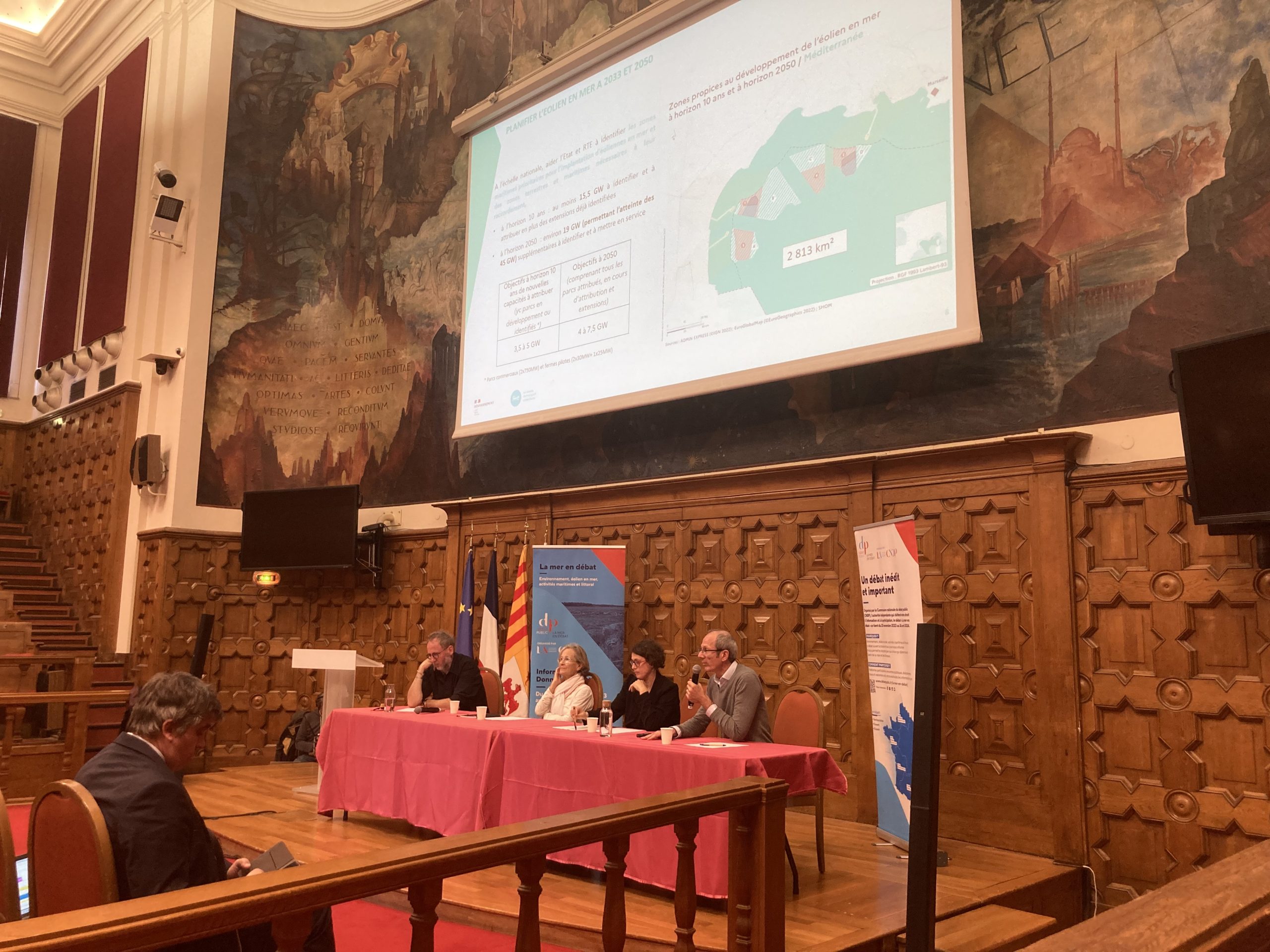On Wednesday, March 13, a major debate took place at the Mediterranean University Center on the topic of protecting the sea. It is a very important subject that deserves to be developed.
The purpose of this event is to enable everyone to participate in the formulation of decisions that will impact the environment. The state has therefore engaged the national public debate commission to review the strategic decisions for the sea and coastline. The idea is that each person present can make proposals and give their opinion. The current challenge is to find solutions to improve the situation and state of the sea, which has deteriorated significantly over time.
The issue can be painful as it may require us to change habits deeply embedded in the collective unconscious. This will undoubtedly mean a change in lifestyle both on the coastlines and at sea. Strengthening biodiversity is therefore prioritized and is one of the main pillars on which the reconstruction of our sea is based. But one thing to remember is that the game is not lost.
What future for our sea?
Several questions were raised:
How to improve the environmental quality of the sea and ocean?
How to protect coastal ecosystems and preserve marine biodiversity?
How to share this space?
What coexistence of human activities at sea and what changes in these activities?
Should offshore wind energy be developed? And if so, where and under what conditions?
The event featured two workshops, with everyone invited to participate. The first workshop focused on “How to strengthen the protection of biodiversity at sea? In which areas, with what means?” The second raised the issue of recreation, tourism, and yachting and questioned whether “the Mediterranean can survive these increasing pressures? Under what conditions?” Everyone was therefore invited to debate these topics during these two workshops.
A word on wind power
Emphasis was also placed on offshore wind energy, a thought-provoking topic. It is a way to reduce reliance on fossil fuels, which are highly prevalent in France, accounting for 60%. They are the cause of the climate disruption affecting our environment, which is why the urgency to move away from them is entirely relevant. The advent of electricity will push us to find solutions to meet this need. The goal is, by 2050, to reduce fossil fuel consumption by 50% and replace it with carbon-free energy.
In 20 years, offshore wind could represent a quarter of all electricity production in France. The ultimate ambition is to deploy 45 GW of offshore wind, which is significant and will cover many energy needs. As for the Mediterranean, by 2050, it could account for 10% of national needs on its own.


